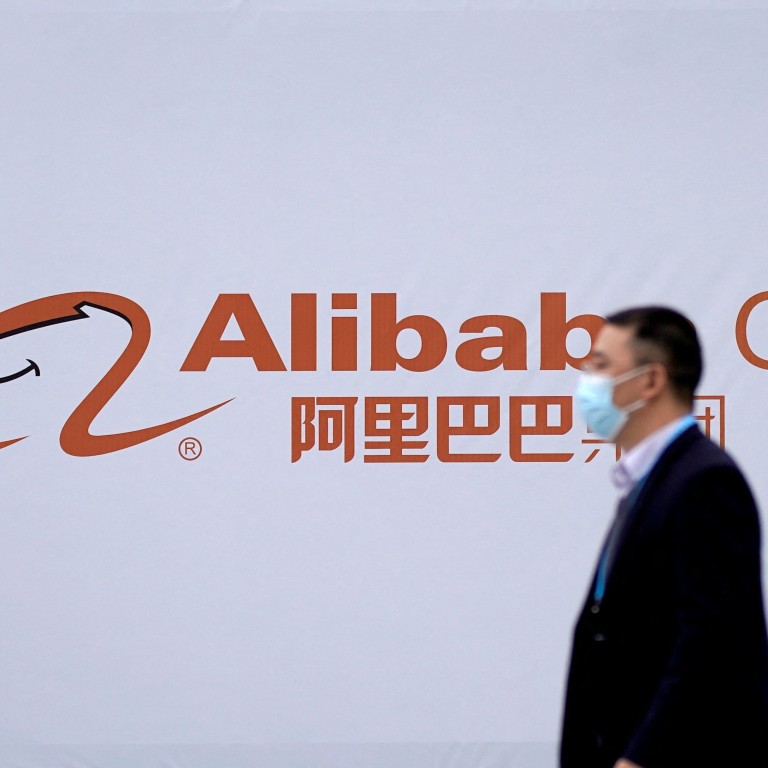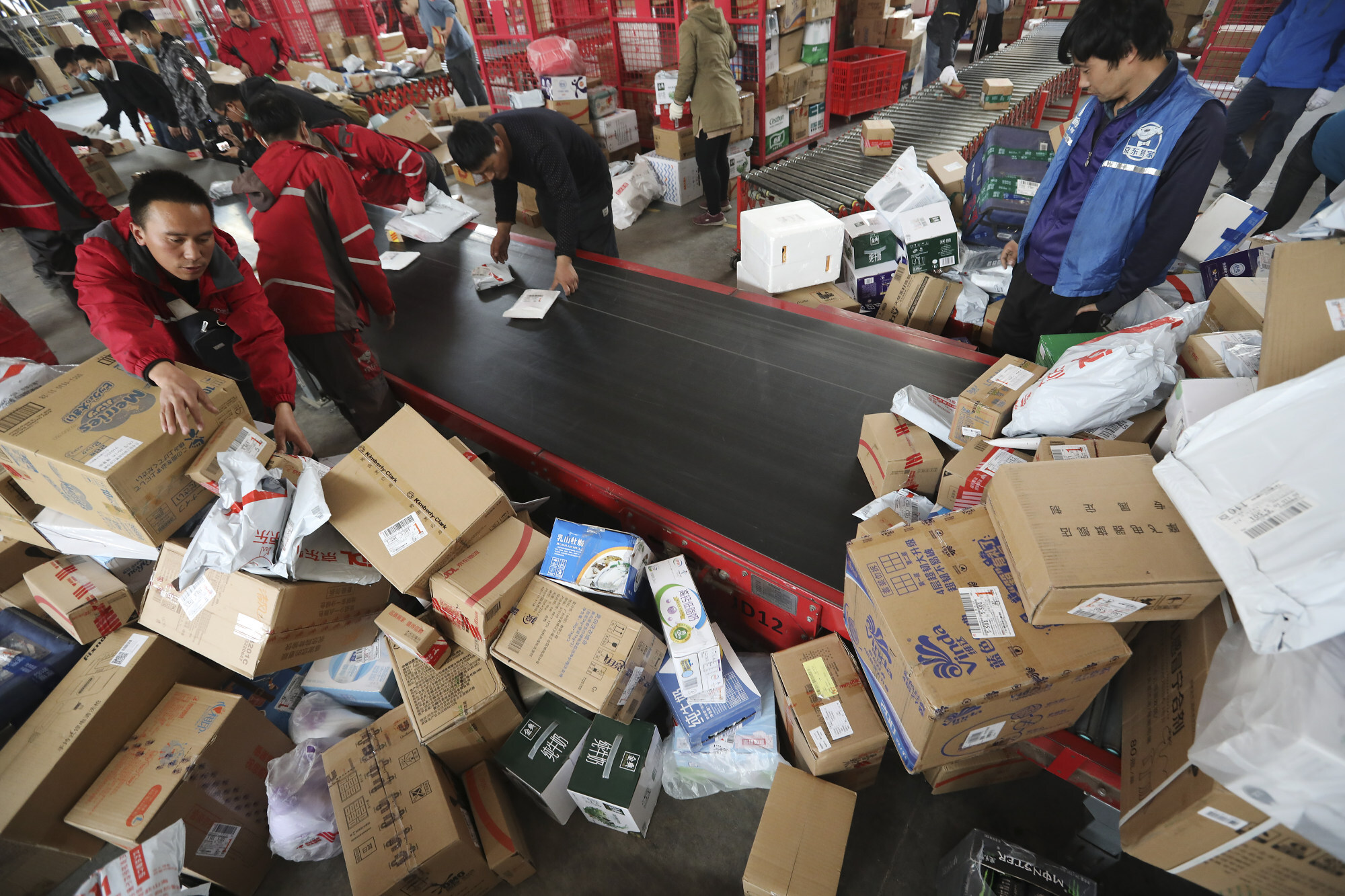
Alibaba tops Greenpeace China e-commerce ranking for climate-related commitments, Pinduoduo comes last
- Alibaba has pledged to to make its operations carbon neutral by 2030 and eliminate 1.5 gigatons of emissions across its entire business ecosystem by 2035
- The companies’ climate commitments only cover their corporate operations, but the carbon footprint of their value chains are much higher, Greenpeace said
Greenpeace analysed seven major Chinese e-commerce platforms, which included Vipshop, Suning.com, NetEase and Xiaomi, scoring them on their climate commitments, the actions they have taken so far, information disclosure related to climate and environment and the steps taken to manage platforms responsibly and sustainably.
“China’s net-zero pledge turned climate commitments into one of the major lenses for these companies’ social impact to be judged,” said Tang Damin, project leader at Greenpeace East Asia’s Beijing office.
Tang, however, said that both Alibaba and JD.com’s climate commitments did not actually cover their value chains, adding that the emissions in their value chains were much higher than from their corporate operations.
Alibaba, Pinduoduo and JD.com were the top three e-commerce platforms in China with 863 million, 867.3 million and 552.2 million annual active users, respectively, as of September.

However, the sector’s rapid growth has led to a huge increase in carbon emissions, from delivery of packages and production of packaging materials to e-commerce transactions’ data storage and processing.
Meanwhile, a policy document issued in November by the Chinese government has called for the deployment of at least 10 million reusable packaging boxes by 2025.
JD.com and Suning.com said they have been using reusable packaging boxes made of renewable materials to cut emissions.
“Suning.com will leverage its online and offline channels and supply chain advantage and contribute more to the low-carbon lifestyle via recycling and green and low-carbon products,” a Suning.com spokeswoman said in a statement to the Post.
Alibaba, Pinduoduo, Xiaomi and JD.com did not respond to requests for comment.
The environmental group urged the e-commerce giants to focus on achieving 100 per cent renewable energy and electric vehicle deployment by 2030 to cover direct and indirect greenhouse gas emissions from owned or controlled sources and from the generation of purchased electricity.
In China’s live-streaming hub, the future of an industry hangs in the balance
Greenpeace also said that the companies should set quantifiable packaging reduction targets and emissions reduction management targets among suppliers for emissions across the entire value chain.
“E-commerce companies have completely changed the landscape of daily life in China,” Tang from Greenpeace East Asia said.
“Some companies have noted climate response as a way to show social consciousness. They need to respond fully and avoid greenwashing.”



